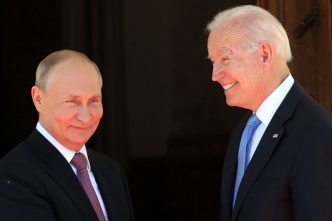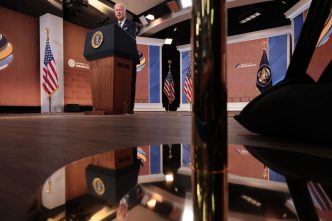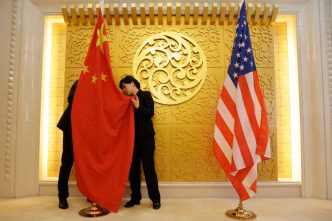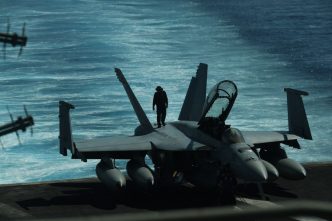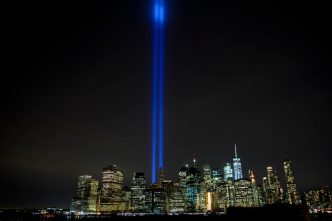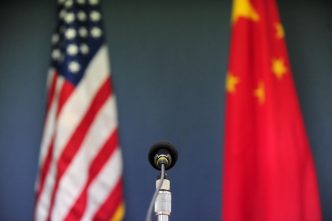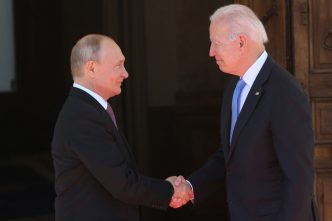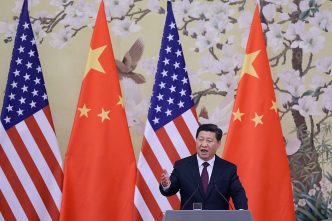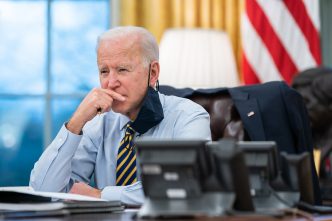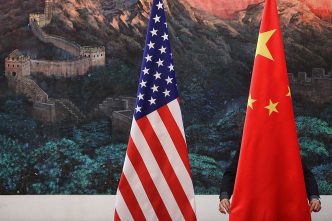Was the current crisis in Ukraine caused by a lack of realism in US foreign policy? According to some analysts, the liberal desire to spread democracy is what drove NATO’s expansion up to Russia’s borders, …
As 2021 drew to a close, Russia had massed troops near its border with Ukraine, China had flown military jets near Taiwan, North Korea was still pursuing its nuclear-weapons program, and Taliban fighters were patrolling …
The United States and China are competing for dominance in technology. America has long been at the forefront in developing the technologies (bio, nano, information) that are central to economic growth in the 21st century …
At a recent meeting of trans-Atlantic foreign policy experts, a European friend told the group that he used to worry about a decline in American hard power but felt reassured. On the other hand, he …
As US President Joe Biden’s administration implements its strategy of great-power competition with China, analysts seek historical metaphors to explain the deepening rivalry. But while many invoke the onset of the Cold War, a more …
The terrorist attacks of 11 September 2001 on the United States were a horrific shock. Images of trapped victims leaping from the Twin Towers are indelible, and the intrusive security measures introduced in the wake …
During the four decades of the Cold War, the United States had a grand strategy focused on containing the power of the Soviet Union. Yet by the 1990s, following the Soviet Union’s collapse, America had …
When US President Joe Biden and Russian President Vladimir Putin held their first summit in Geneva last month, cyber weapons played a larger role on the agenda than the nuclear kind. Clearly the world has …
A century ago, an influenza pandemic killed more people than died in World War I. Today, the Covid-19 pandemic has killed more Americans than died in all US wars since 1945. A big difference, however, …
In his recent address to the US Congress, President Joe Biden warned that China is deadly serious about trying to become the world’s most significant power. But Biden also declared that autocrats will not win …
During Joe Biden’s long career in the US Senate, he established a record of supporting human rights as a goal of American foreign policy. Now, as president, Biden’s commitment in this area is being put …
When China’s foreign minister, Wang Yi, recently called for a reset of bilateral relations with the United States, a White House spokesperson replied that the US saw the relationship as one of strong competition that …


